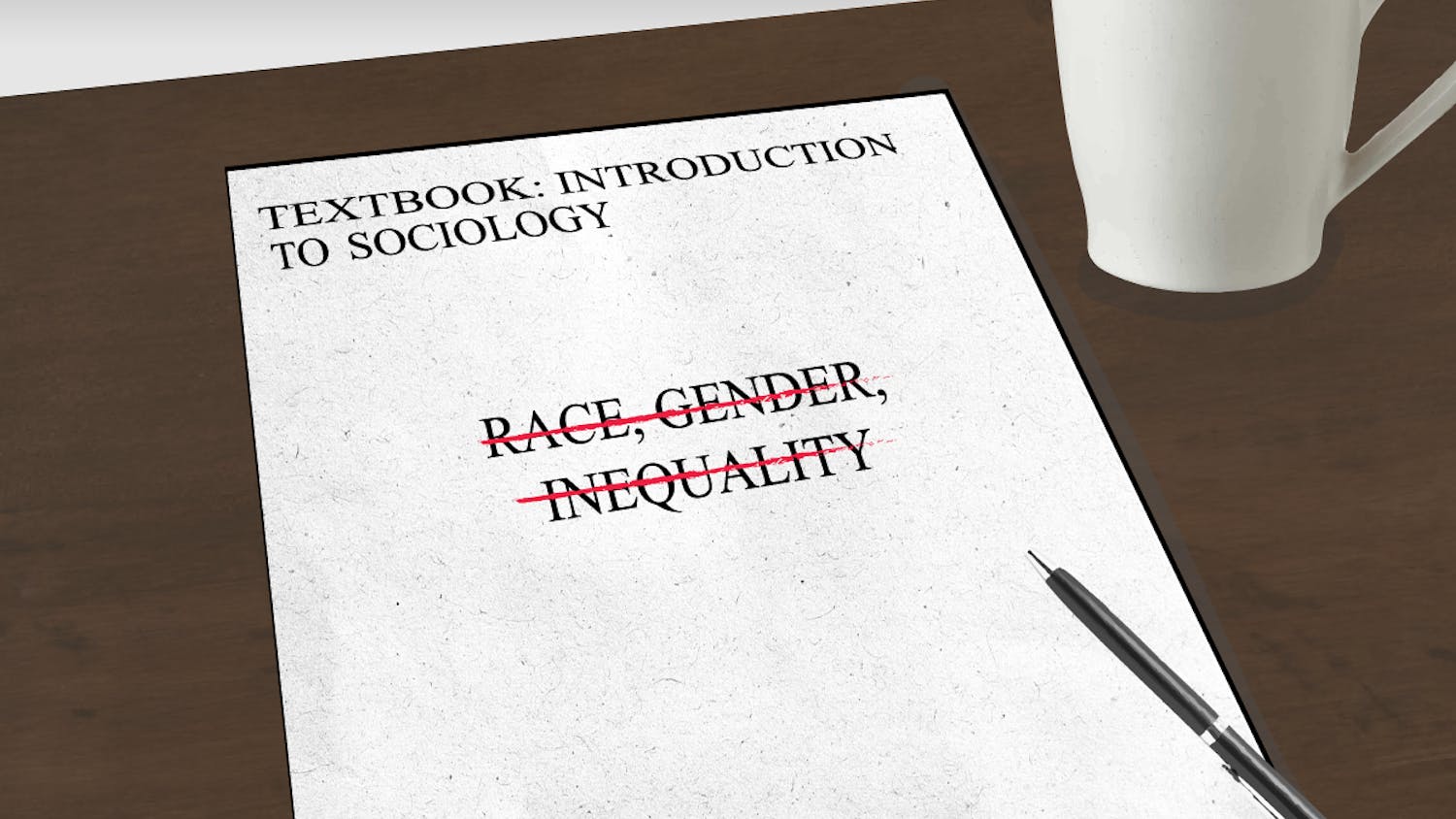Since last summer, calls to mobilize the 99 percent have been heard from Wall Street to the Vatican, amassing one of the greatest peaceful global demonstrations in history.
In logical (though not necessarily principled) opposition to the demonstrators is the 1 percent, built up to appear as a club of multimillionaire moguls nestled comfortably in Porsches, penthouses and Parisian escorts.
But the truth about the wealth of the 1 percent is often misconceived and overblown, and it causes a subsequent misunderstanding of the scope and intent of the Buffett rule and other similarly proposed tax legislation.
The Buffett rule (named after Warren Buffett’s frustration at paying a lower tax rate than his secretary) proposes that those who make $1 million a year should pay at least 30 percent of their income in taxes. Many object to this rule, claiming that it will stifle job growth and cause millionaire business owners to tighten up their spending. But if this legislation were enacted, just more than 0.1 percent of taxpayers would actually have increased taxes.
Contrary to what many believe, the 1 percent is not part of the multimillionaire’s club reserved for Mitt Romney and the rest of the 0.1 percent. The threshold for being a member of the 1 percent in 2009 was $343,927 (a fair wealth, no doubt, but nowhere near the affluence I had expected). Taking this into consideration, the Buffett rule would have no impact on the majority of the 1 percent or the vast majority of job creators.
That’s because — again, contrary to what many believe — most American jobs are not created by large companies and corporations (many of which continue to outsource jobs yearly) but are actually created by start-ups. While these start-ups already receive some tax benefits, if we truly want to cultivate a job-creating culture we need to look more and more toward new and small businesses and less toward the large companies that consistently lure away their customers.
This support needs to come not only from the government but also from consumers. Rather than shopping at Publix or Chipotle, spend a few more dollars for your groceries at Wards and get your burrito from Burrito Bros. We’re lucky to have such a wealth of small businesses in Gainesville, and we’d be wise not to neglect it.
The 210,000 taxpayers who would experience a higher tax rate following the Buffett rule are hardly the job creators the Republicans herald them as. Though many are currently at a 35-percent tax rate, much (if not all) of their income comes through dividends and capital gains, leaving their taxes somewhere between 15 and 20 percent.
Are we naive enough to believe that the difference between that 15-percent rate and Buffett’s proposed 30-percent rate is finding its way back into the job market, creating work and stimulating the economy for the less well-off?
An astounding degree of homelessness and hunger still plagues our nation. Charities and donations have been responsive to these issues, but they have not prevented them. The very top income earners should be eager to give back to society and an economy that undoubtedly aided them in gaining the wealth they have.
No one is truly self-made. No one succeeds “against all odds” (the fact that you succeed shows some odds in your favor). Those who claim that the unsuccessful have only themselves to blame fail to recognize that the “American dream” is not what it used to be. No matter how determined, millions of Americans cannot and will not achieve a sustainable lifestyle without some external intervention.
Charitable donations are helpful, but they are voluntary and too often myopic. While taxes aren’t always allocated perfectly, with 46.2 million Americans in poverty and a government more than $15 trillion in debt, a 30-percent income tax is the least the wealthy can cough up.
Dyllan Furness is a philosophy and English junior at UF. His column appears on Tuesdays.





